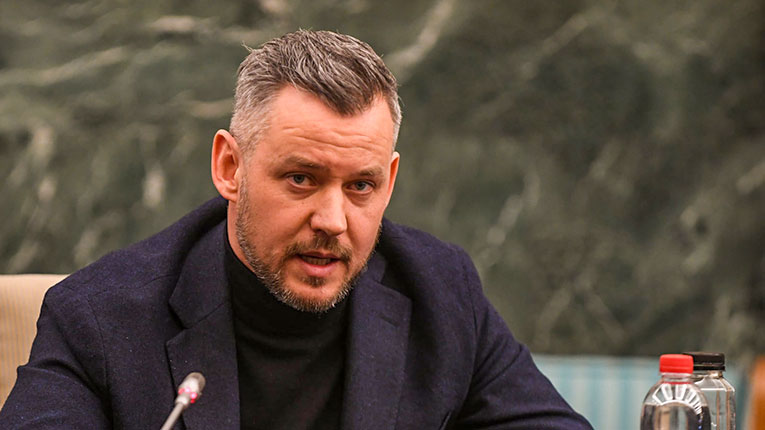The energy transition in Romania has a very low pace, and in order to reach those targets by 2030, we must be balanced and focus on the needs of the moment, declared, on Thursday, Lorant Antal, the president of the Commission for energy, energy infrastructure and mineral resources from The Senate of Romania, at the 8th edition of the “Black Sea and Balkans Security Forum” event.
“In my point of view, energy security means both electricity production capacity, electricity distribution and transport capacity and, last but not least, the ability to defend this critical infrastructure. Romania, in this regard, I think we can we say it’s fine, because we have production capacity, we have transport capacity and distribution system operation. Indeed, major investments are needed and Romania is a NATO member country, that is, we have capabilities to defend these critical infrastructures. Recently, there has been a lot of talk about the energy transition, about this trilemma. Everyone wants to be involved in the energy transition, to green the European Union and this European continent to set the example that we will be the first to invest maximally in everything means renewable energy production capacities. On the other hand, the energy transition in Romania, from my point of view, has a very low pace and we are talking about numbers. In 2022, the electricity production capacities put into operation were 25 megawatts, in 2023 1,000 prosumer megawatts, 450 from photovoltaic panels and 72 wind megawatts. I understood that, starting this year, there will be a massive wave of putting these electricity production capacities into operation, but one thing is certain: there will be a major pressure on the distribution operators,” said Antal, according to Agerpres.
According to the data presented by him, at the present time, in Romania, investments in energy distribution and transport are estimated at around 13 billion euros.
“Allow me, however, given the fact that I am also a politician, I cannot discount this important detail. We are in the electoral campaign and we are in the electoral campaign for the European Parliament. I think it is a very good time to discuss a lot more pressing about this energy transition, because I, for one at least, believe that after June 9, the European Parliament, in the first instance, as the legislative body of the European Union, will have the courage and political power to re-discuss everything that the Green Deal means and to reconsider what “Fit for 55″ means. Why? Because, in parallel, for example, the United States came up with that well-known Inflation Reduction Act program that basically facilitates investments in the USA, where the CO2 emission component is a derisory one (…) The energy transition is important, energy security is extremely important, offshore wind is definitely very important, but in order to reach those targets by 2030, we must be balanced and focus on the needs of the moment. Let’s also come at the political level, at the executive level, with very well-dedicated programs for the industry, so that we can also facilitate these electricity production capacities for consumers (…),” the official pointed out.
